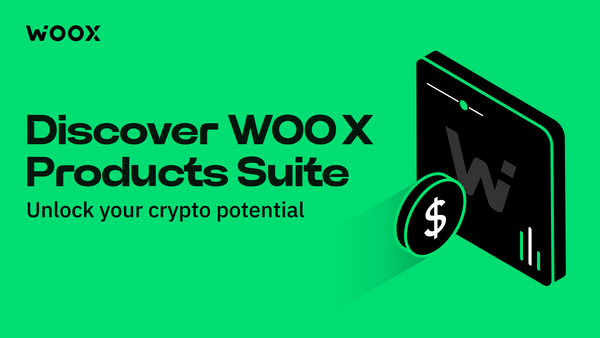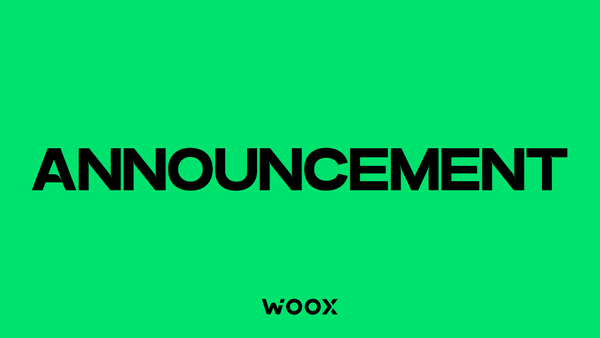How does Wootrade provide traders with zero fees?
Finding a cryptocurrency project with a solid revenue model is rare. Most rely heavily on selling ICO funds, personal token allocations, or generous private investors to bootstrap their projects. Wootrade is different. Wootrade is able to optimize revenue streams on the back end, allowing us to earn money but still offer the end-user a trading experience with zero fees. We’ve gotten tons of questions from the community about this, so we thought we’d explain it all here. Ready?
Remind me, what’s Wootrade again?
For those of you not familiar with Wootrade, a quick refresher might be needed (Note: We have an in-depth explanation here). But here’s the simple version: Wootrade is a liquidity pool that exchanges and institutions can use to offer their users and clients deep order books and the best trade execution. We work in the background, helping these institutions satisfy their customers. Professional trading teams will be able to link to their own trading dashboards via API or use our own customizable trading dashboard. In the future, there will also be an advanced retail platform as well, where any user can directly take advantage of our professional trading tools and zero fees. The best part is, unlike traditional exchanges, we don’t charge our users fees for making transactions and using our services. It’s free to use for the end-user. That’s right, zero-fees.
How do zero-fee brokers work?
In the traditional finance world, people use online brokers to trade stocks. Two of the most user-friendly brokers are WeBull and Robinhood, both of which offer zero commissions on trading. One way to monetize this model is by Payment for Order Flow (PFOF), which is the compensation a broker gets for directing orders to different parties for trade execution.
Wootrade does the same. One of Wootrade’s biggest clients is their parent company, Kronos Research. Kronos Research is one of the biggest cryptocurrency quant trading firms in the world and trades between $1 billion and $2 billion per day. They can offer significant rebates to Wootrade in exchange for providing more order flows. In this way, Wootrade earns from the big market-makers and uses those revenues to incentivize other flow providers (exchanges and traders) to route orders there.
Why are market makers willing to rebate Wootrade for their flows?
Our CEO and Co-Founder, Jack Tan, talked a little about what makes certain flows attractive to large clients:
“One of the biggest reasons is where the flow falls on the toxicity spectrum. Toxic flow comes from those with better advantages, such that their counterparty (in this example, our market-makers and other clients) would lose by taking the other side of the trade within a specific timeframe. For example, High-Frequency Traders (HFT) taking strategies are very toxic on a short time frame, but not very toxic in the longer term. In contrast, retail traders generally are not toxic in a sub-30 minute time frame and those who take the other side of the trade can generally profit by holding the risk for a period of time.”
Zero-fee trading can attract a lot of users to the platform, who then may take advantage of more advanced features like margin trading. When users take a leveraged position, margin interest is accrued by the platform, although there is no fee for the trade itself. There are also other premium asset management and trading services that Wootrade can offer to generate revenue for the platform. In these ways, Wootrade can earn revenue while still offering the standard trading experience for absolutely nothing.
The conclusion here is simple: Wootrade isn’t like some of those other platforms that depend on selling their tokens to fund development. The revenue model is proven in traditional finance, and being brought to the decentralized world by some of the brightest minds in the business. You can find out about some of those minds by checking out the website, or by reading the excerpt on one of our Co-Founders, Mark Pimentel, below.
Mark started his career in Citadel Investment Group’s High Frequency Trading unit in 2006, which made $892M in 2007 and $1.15B in 2008. Next Mark went on to lead Knight Capital’s electronic market development group, now part of Virtu where Mark’s team operated the largest dark pool in the United States and Europe during that time.
With guys like Mark at the helm, we believe that Wootrade can truly go on to fulfill the Wootrade slogan of “Disrupt markets, empower the individual.” To be one of the first to try out the Wootrade trading platform, don’t forget to pre-register on our website.
For more information, and to learn about our upcoming WOO token presale, be sure to follow our channels on Twitter and Telegram.


